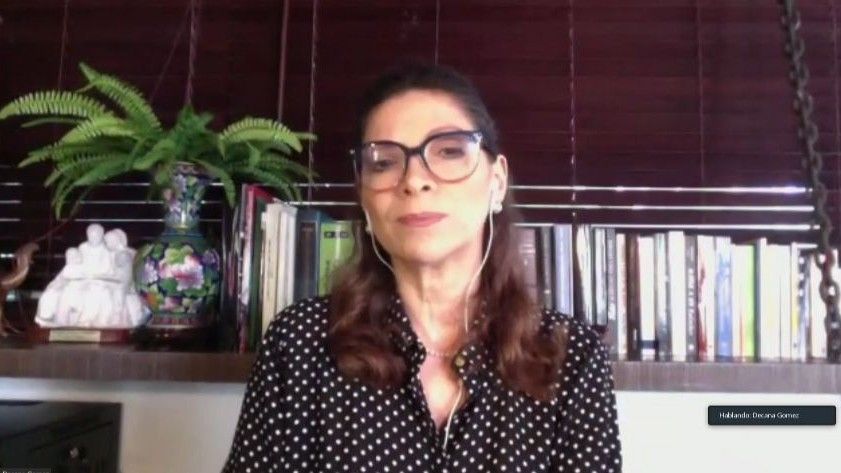

In addition, the independence of prosecutors is largely accepted as a safeguard closely linked with the independence of judges, which was upheld by the European Court of Human Rights in Kövesi v. Independent prosecutors, willing to investigate and prosecute individuals, even those who may hold considerable power, play a key role in strengthening the rule of law.

UN and European bodies have reached a broad consensus about the need to guarantee the independence of prosecutors as a fundamental component of the administration of justice. The independence of prosecutors is a key element of the rule of law. The Justice Initiative also highlighted the need for courts to be independent and impartial. The Justice Initiative submitted an amicus brief before the Inter-American Commission of Human Rights, focusing on international and European standards requiring states to ensure the independence of chief prosecutors and guarantee prosecutorial freedom from reprisals or intimidation for decision-making. Open Society Justice Initiative Involvement The Commission declared the case admissible on October 16, 2018. On February, 16, 2011, Gómez filed a petition before the Inter-American Commission. The group reportedly met several times in 2010 next to the Palacio de las Garzas, the governmental office and residence of the President of Panama, to orchestrate the ouster of Gómez using legal means. In March 2011, the press reported on the existence of a group of former prosecutors and lawyers called PAMAGO (“Perjudicados por Ana Matilde Gómez”, or “prejudiced by Ana Matilde Gómez”). She was barred from challenging this decision. Gómez was then dismissed from her position of attorney general. On August 12, 2010, the Supreme Court convicted Gómez of abuse of power, imposing a six-month prison sentence, which was replaced by a fine and a four-year ban on holding public office. She filed another appeal before all judges of the Supreme Court, but this appeal was also dismissed. Gómez filed an appeal against the suspension that was declared inadmissible by a single Supreme Court judge. Gómez had requested that the Supreme Court recuse him, but this request was ignored. One of the judges who voted in favor of her suspension had been subject to an investigation ordered by Gómez. On January 28, 2010, by five to four votes, the Supreme Court decided, as a precautionary measure, to suspend Gómez from office.

Gómez contested the regularity of the criminal investigation against her before the Supreme Court, but the court never issued a response. In 2009, the dismissed prosecutor filed a criminal complaint against Gómez , accusing Gómez of abuse of power for having authorized wiretapping in the investigation against him. The prosecutor then contested the legality of the use of wiretapping in the corruption investigation before the Supreme Court, and in 2007, the Supreme Court changed its ruling and declared the telephone interception that Gómez authorized during the undercover operation unconstitutional. The prosecutor was caught soliciting a bribe from the father of a detained minor and sentenced to a three-year prison sentence after Gómez authorized wiretapping the father’s cell phone.

In 2005, after receiving a complaint against a prosecutor for bribery, Gómez opened an investigation against him. Gómez”) was appointed attorney general of Panama for a ten-year term. On December 20, 2004, Ana Matilda Gómez (“A.M. Removal of the Former Attorney General of Panama


 0 kommentar(er)
0 kommentar(er)
